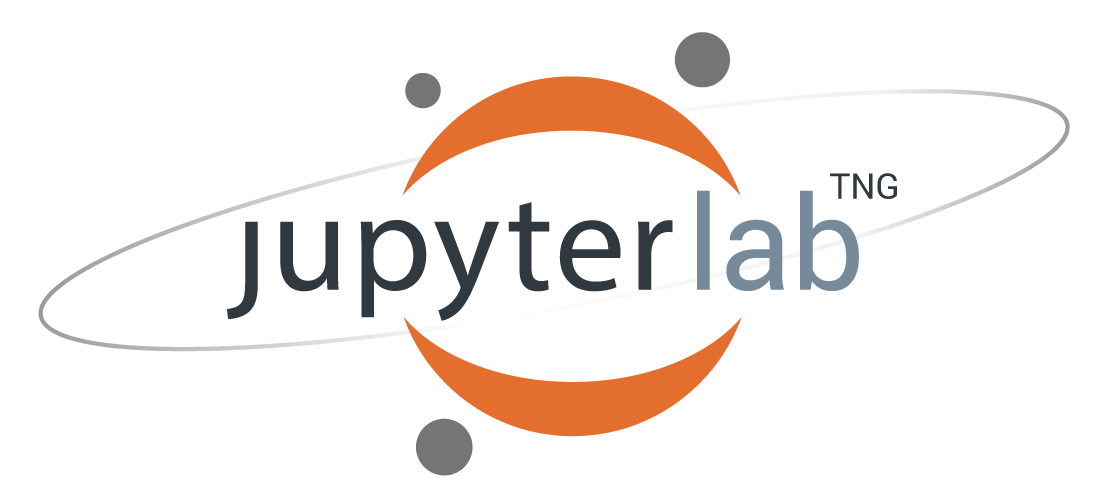Public Data Access Overview / JupyterLab Workspace

What is it, and how does it work?
JupyterLab is the evolution of the Jupyter Notebook (previously called IPython). It is a next-generation, web-based user interface suitable for scientific data analysis. In addition to the previous 'notebook' format, JupyterLab also enables a traditional workflow based around a collection of scripts on a filesystem, text editors, a console, and command-line execution. It provides an experience nearly indistinguishable from working directly on a remote computing cluster via SSH.
Computation is language-agnostic, and the following languages are currently supported: Python 3.11, IDL, Matlab, R, Julia, C/C++, and more.
This service enables access to the complete mirror of Illustris[TNG] data hosted at the MPCDF near Munich, Germany. It works by launching a JupyterLab instance on a system at MPCDF and connecting your web browser to it. From there, all Illustris[TNG] data will be directly available for analysis. A small amount of persistent storage means under-development scripts, intermediary analysis results, and work-in-progress figures will all stick around if you log out and pick up again later. Everything is fairly intuitive, and we suggest you simply give it a try!
Please note: this service is presently experimental and we provide no guarantees of any kind. In particular, we cannot currently guarantee any level of uninterrupted access or resource availability -- e.g. the service may be down and/or non-functional at times, it may not be possible to complete a particular computation, and all data should be considered temporary and not backed up.
Request access:
You need to log in (or register) before requesting access to the JupyterLab functionality.